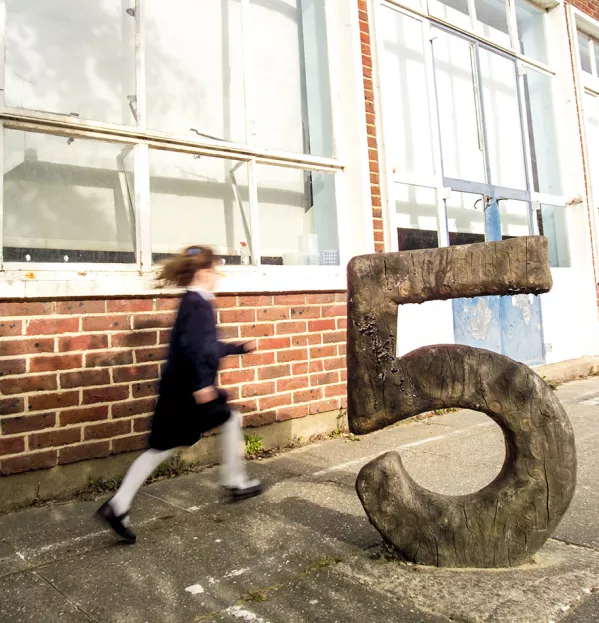WeŌĆÖve listed our top 5 Tes articles from the past year on mental health and pastoral care.
Why you canŌĆÖt separate attendance from mental health and SEND
To improve attendance, schools need to understand how it interacts with mental health and special educational needs and disabilities (SEND) and build systems of support accordingly, argues Professor Tamsin Ford, in this interview from September 2024.
Ford is a professor of child and adolescent psychiatry at the University of Cambridge. She explains that while policymakers are opting to take a primarily punitive approach to the issue of lower attendance, with increased fines for parents if their children are away from school, this might not be the right solution.
Instead, she tells Tes, schools need to recognise the complex interplay between mental health issues and SEND that can be a powerful driving force for absence, along with challenging home circumstances, and take a collaborative stance to address these.
Read the article here.
Anxiety in primary schools: how to understand and tackle it
Anxiety is high among pupils, parents and teachers in primary schools. But if we better understand it, we can then offer support to reduce it, argues Shirley Clarke, in this feature from October 2024.
Clarke co-wrote the book Understanding and Reducing Anxiety in the Primary School with Dr Angela Evans, a child and adolescent psychotherapist who practises privately and who worked for child and adolescent mental health services for 20 years, and Kate Moss, a headteacher.
The book is divided into four sections: why everyone is so anxious and what we can do about it; understanding and dealing with extreme behaviour; supporting the learning to reduce anxiety; and creating a containing and compassionate school.
In the article, Clarke shares a key message from each of these sections.
Read the article here.
Trauma: what is it and what role should schools play in support?
Trauma has become a contentious topic in schools, so Tes spoke to David Trickey, a world-leading expert, to define what it is and where schools fit into the process of diagnosis and support, in this interview from December 2024.
Trickey is co-director of the UK Trauma Council and a consultant clinical psychologist who specialises in working with traumatised young people and their families.
In the article, Zofia Niemtus asks him to explain what ŌĆ£traumaŌĆØ actually means, and what teachers should know about it in order to best look after the young people in their care.
Read the article here.
WhatŌĆÖs really going on with teenage girls?
There is a gender divide when it comes to studentsŌĆÖ mental health, with girls more likely to experience challenges. In this article, from January, Zofia Niemtus tries to find out why.
ŌĆ£The reasons for the mental health struggles experienced by teenage girls are complex, and firm conclusions about their drivers are, as yet, elusive,ŌĆØ Niemtus writes. ŌĆ£Popular wisdom suggests that social media may be playing a role, but it would be an oversimplification to believe itŌĆÖs the sole culprit.ŌĆØ
There are, she continues, ŌĆ£no easy fixesŌĆØ when it comes to tackling the problems that girls face. However, ŌĆ£investment in comprehensive support systems, including accessible mental health services, and a focus on fostering genuine connections within communitiesŌĆØ may improve the situation.
Read the article here.
Can belonging really help to fix behaviour, attendance and outcomes?
Generating a feeling of belonging in schools has been repeatedly cited, including by education secretary Bridget Phillipson, as the key to solving multiple challenges, but is that claim supported by evidence? In this feature, from March, David Robson investigates.
He writes that ŌĆ£few could argue with some of PhillipsonŌĆÖs broader sentiments, such as ŌĆśEvery child should go to a school where they are free to be themselves, free to make friends, free to explore their talentsŌĆÖŌĆØ.
ŌĆ£But,ŌĆØ he adds, ŌĆ£what does psychological science tell us about the role of belonging in schools? And just how easy is it to achieve belonging?ŌĆØ The reality, as Robson finds out, is complicated.
Read the article here.
You can now get the UKŌĆÖs most-trusted source of education news in a mobile app. Get Tes magazine on and on





